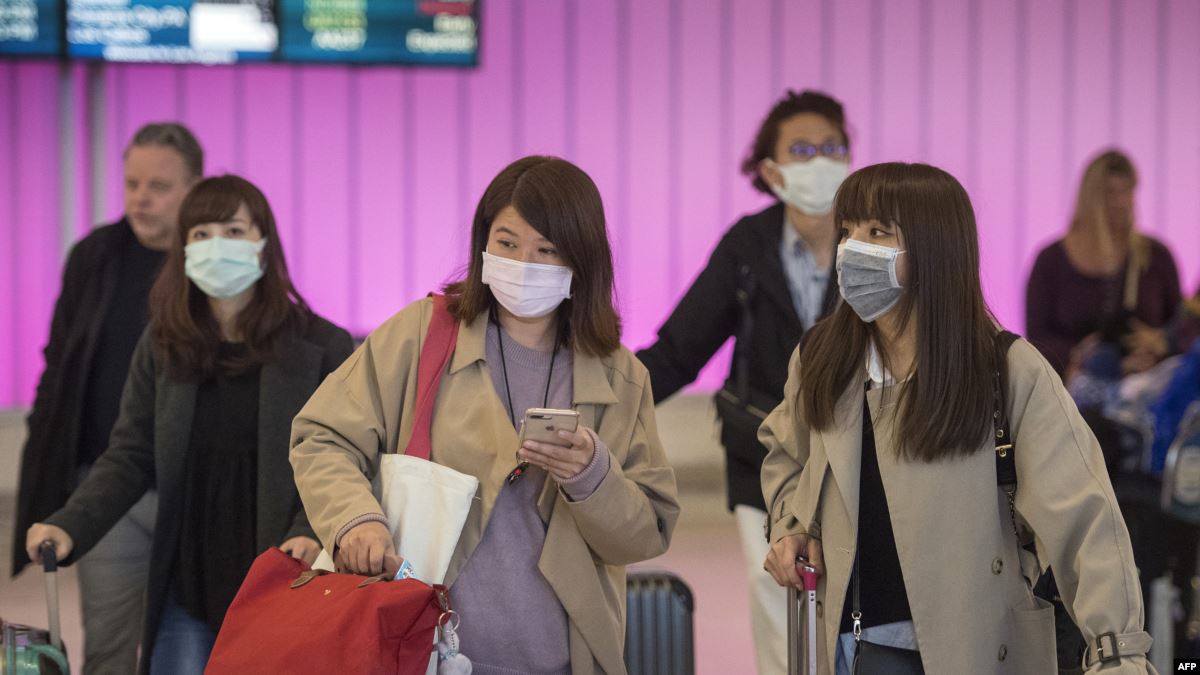Main Tropical Diseases in Thailand

Malaria
Disease background: One of the main mosquito-borne diseases in Thailand, Malaria is a life-threatening disease caused by parasites that are transmitted through the bites of infected female Anopheles mosquitoes. The symptoms include high fever, headache, and chills.
The wide development of parasite resistance to medicines is reported to reach more than 20 to 50 percent in Mekong area. Do keep in mind that Thailand has multidrug-resistant malaria.
Risk and prevalence: Persons travelling or through rural and forested areas across the country should be made aware of this risk. Malaria is primarily found in provinces that border Burma (Myanmar), Cambodia, and Laos and the provinces of Kalasin, Krabi (Plai Phraya district), Nakhon Si Thammarat, Narathiwat, Pattani, Phang Nga (including Phang Nga City), Rayong, Sakon Nakhon, Songkhla, Surat Thani, and Yala. Occasional cases are recorded in areas from Phuket, Phang Nga, Kho Samui, and Kho Pha Ngan.
Prevention and treatment: Anti-mosquito bite measures should be taken in risky areas. Preventive anti-malarial medication can be taken before and whilst travelling to the high risk areas.
Dengue
Diseases background: Listed as one of Thailand’s infectious diseases to watch for in 2018, dengue is a mosquito-borne viral infection causing a severe flu-like illness and, sometimes causing a potentially lethal complication called severe dengue. A person infected by the dengue virus come out with severe flu-like symptoms. The contamination, also called ‘break-bone’ fever affects infants, children and adults alike and it could be incurable. The appearances of dengue fever vary according to the age of the patient.
Risk and prevalence: The disease is endemic throughout the country in rainy season (May to October) in both urban and rural areas, with elevated risk in the northeastern part of the country. Aedes aegypti, the mosquitoes responsible for dengue fever, can also spread yellow fever and Zika virus.
Treatment and prevention: No specific treatment for Dengue virus. Using mosquito repellents and getting rid of any water stagnation are recommended to prevent risks of the disease.
Japanese Encephalitis
Disease background: Japanese encephalitis is a mosquito borne virus infection and most common vaccine-preventable cause of encephalitis in Asia. Acute encephalitis syndrome was defined as sudden onset of fever with neurological signs such as altered mental status, motor deficit, sensory deficit and seizures.
Risk and prevalence: Outbreaks occur mostly in the northern region (Chiang Mai Valley) found in the agricultural countryside, with seasonal peaks from May to October.
Treatment and prevention: There is no efficient anti-viral treatment available. Protection from mosquito bites and vaccination are the only effective ways reported. Vaccination is suggested for travellers and expatriates who stays in rural endemic areas for at least one month during the rainy season.

Leptospirosis
Disease background: Leptospirosis is a bacterial disease contracted through direct contact with the urine of infected animals or with a urine-contaminated environment. Symptoms include high fever, severe headache, muscle pain, chills, redness of the eyes, abdominal pain, jaundice, haemorrhages in the skin and mucous membranes, vomiting, diarrhoea, and rash.
Risk and prevalence: Leptospirosis is most common in urban slum areas due to inadequate sewage disposal and water treatment. Travellers participating in water-related activities can be at risk. Visiting agricultural or flooded areas can also increase exposure.
Treatment and prevention: Avoiding suspicious water contact such as in canals, swamps, lakes and rivers may reduce its risk.
Soil-transmitted worm diseases
Disease background: Soil-transmitted helminth (worm) infections are among the most common infections worldwide especially in poverty-stricken communities. They are transmitted by eggs present in human excrement which in turn pollute soil in areas where sanitation is poor.
Symptoms include diarrhoea, abdominal pain, malnourishment, general malaise and weakness, and impaired growth and physical development.
Risk and prevalence: The disease remains prevalent in certain rural areas of Thailand. Disease statistics based on a national survey in 2009 reported as high as 18.1% of Thais population suffer from intestinal parasitic infection, especially in the northeastern and southern regions of Thailand.
Treatment and prevention: The WHO recommended medicines; albendazole and mebendazole are effective, inexpensive and easy to administer even by non-medical personnel. Practice good food and body hygiene as well as having cooked food is recommended to prevent infection.
Tag : Phuket, Thailand, 2024, July, Doctor, Health, Sickness, Karon, Kata, Travel


